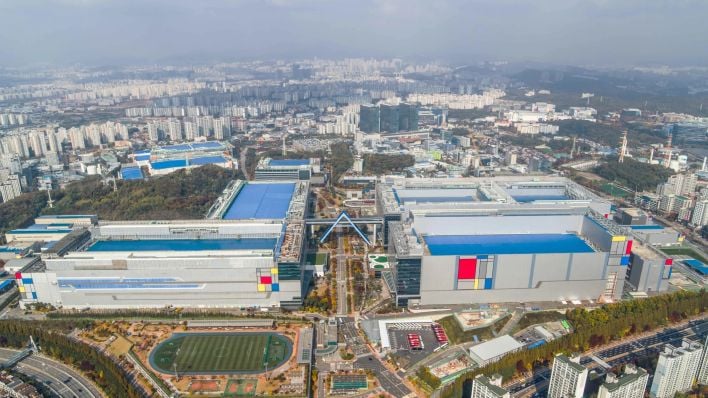Samsung Foundry Stunned As Google Picks TSMC For Pixel 10's Tensor G5 Chip
Report: Samsung Foundry's Strategic Meeting Focuses on 'Why We Lost Google'
— Jukan Choi (@Jukanlosreve) June 18, 2025
Samsung Electronics is in full swing checking its semiconductor foundry (contract manufacturing) competitiveness. Diversified discussions are underway to solve fundamental problems. It is rumored that…
For years, Samsung Electronics had been the sole manufacturer of APs for the Google Pixel series, building on a partnership that saw Google develop its Tensor chipset (i.e. the Whitechapel Project). This union continued for multiple generations, but challenges reportedly began when Samsung's yield rates for its 3-nanometer process began to decline, with some suggesting a yield as low as 50% compared to TSMC's approximate 90%. Additionally, a perceived "lack of semiconductor IP," meaning Samsung's software resources reportedly falling short of Google's diverse performance and functional needs, played a role.

This isn't the first major client Samsung Foundry has lost to TSMC: Qualcomm and NVIDIA were recent defectors as well. Choi's post also states that market research firm TrendForce's Q1 global foundry market share data reveals Samsung Electronics' share shrinking to 7.7% from 8.1% in Q4 last year, while TSMC's share grew to 67.6%.
In response to continued losses of the foundry unit, Samsung Global Research has initiated a management diagnosis, aiming to identify new strategies and plot a new direction. Internally, extensive discussions are reportedly underway to address these complex problems, including the potential for a foundry spin-off or partial relocation of the System LSI business unit. Samsung is also looking to expand its competitive edge by fostering closer relationships with partners like silicon designer Synopsys and by expanding APs beyond AI to automotive and robotics.

